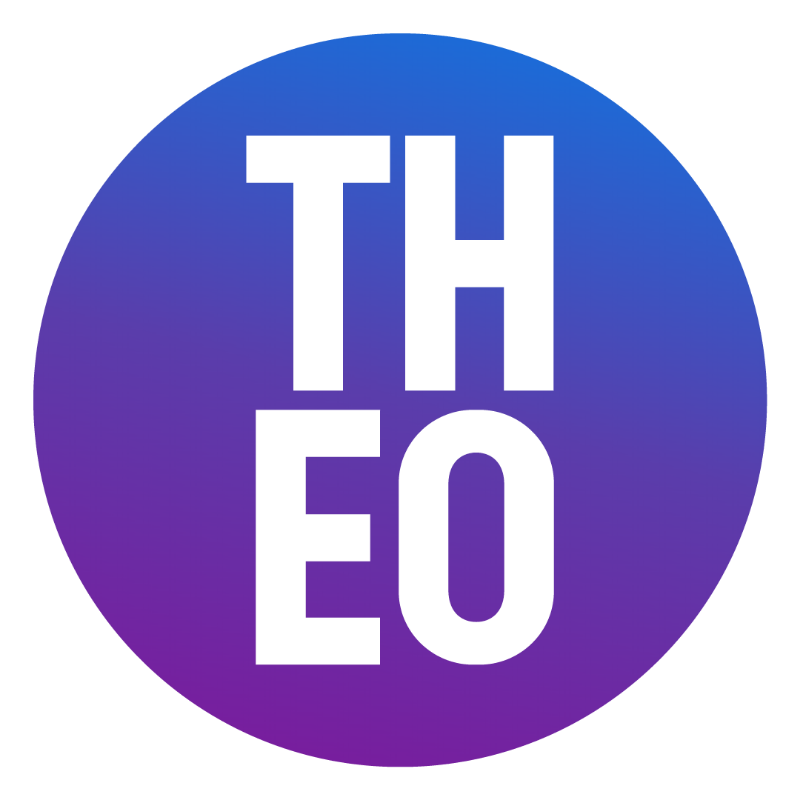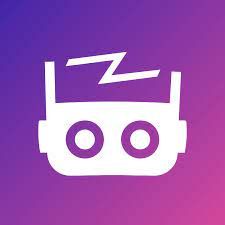
THEO
AI-powered platform that helps businesses integrate context into AI tools, improving planning, ideation, and analysis.
Browse our elite collection of AI agents and build your digital workforce in minutes, not months.

AI-powered platform that helps businesses integrate context into AI tools, improving planning, ideation, and analysis.

Scalable ECL pipelines for AI agents to retrieve conversations, documents, and transcriptions, reducing costs and effort.
Toolkit for enhancing AI agents with information extraction, prompt optimization, and memory for personalized responses.

Power your AI stack with Zep’s memory foundation for personalized agents and assistants.

Build autonomous agents with long-term memory and customisable tools using MemGPT’s LLM framework

Robust cloud storage and advanced file management. Trusted by top universities & 1000+ org
A framework designed to enable large language models (LLMs) to function as autonomous agents, allowing them to process inputs, make decisions, and interact with environments in real-time.
It uses a large language model to interpret natural language inputs, make decisions based on predefined objectives, and take actions autonomously, adapting to new information and environments.
Popular frameworks include OpenAI’s GPT-4, LangChain, Rasa, and GPT Agents, which integrate LLMs with external APIs, memory, and decision-making capabilities.
AI agent memory stores past interactions and learned data, enabling the agent to remember previous actions and decisions, which improves context awareness and long-term decision-making.
LLM agent tools are software and libraries that help developers integrate and manage autonomous agents powered by LLMs, providing features like memory, contextual understanding, and API integration.
Key features include natural language processing, task automation, adaptability, real-time decision-making, integration with external APIs, and memory storage.
Challenges include data privacy concerns, high computational costs, biases in LLMs, context limitations, and difficulty in ensuring accurate and consistent decision-making over time.
Some top tools include LangChain, OpenAI’s GPT, Rasa, and Microsoft’s Bot Framework, all of which offer powerful integrations and functionalities for developing intelligent agents.
The future involves more refined and specialized agents with enhanced decision-making, greater context awareness, broader applications in industries like customer service, and improved interactions with users.
LLM-powered agents can automate customer support, improve efficiency, enable more personalized services, reduce costs, and enhance data-driven decision-making. They enable businesses to scale and optimize operations.